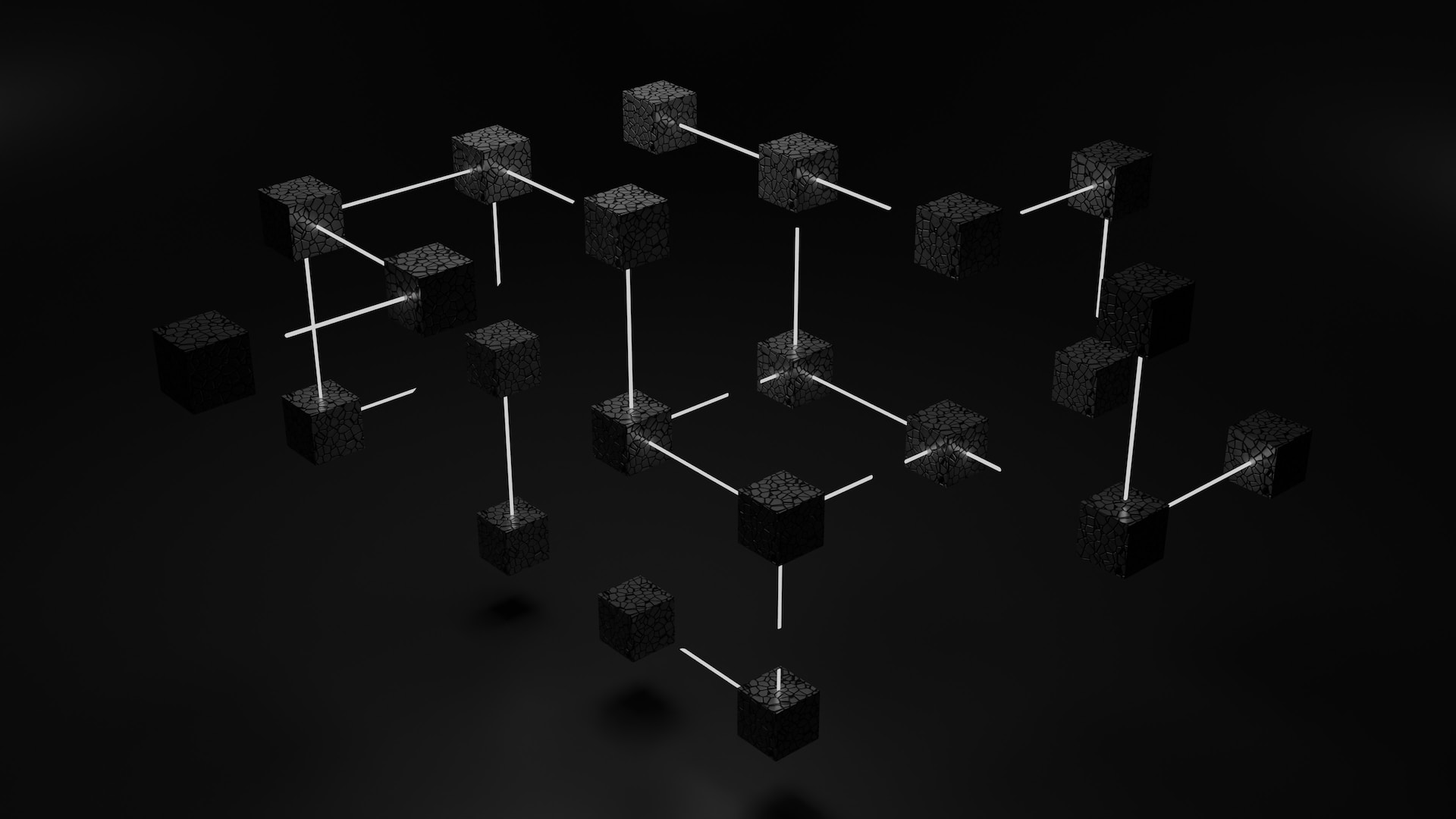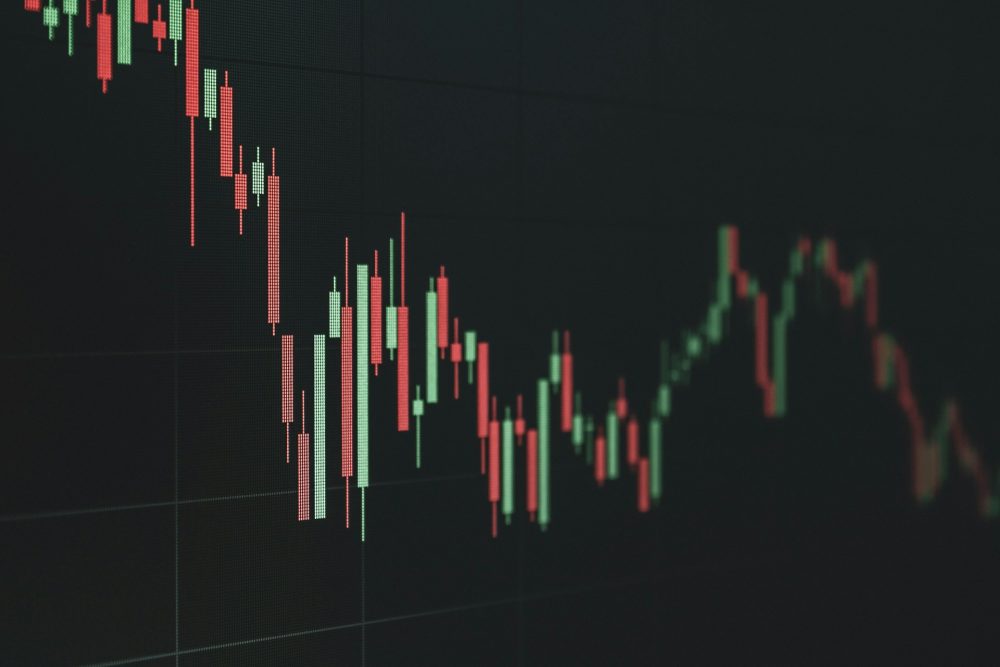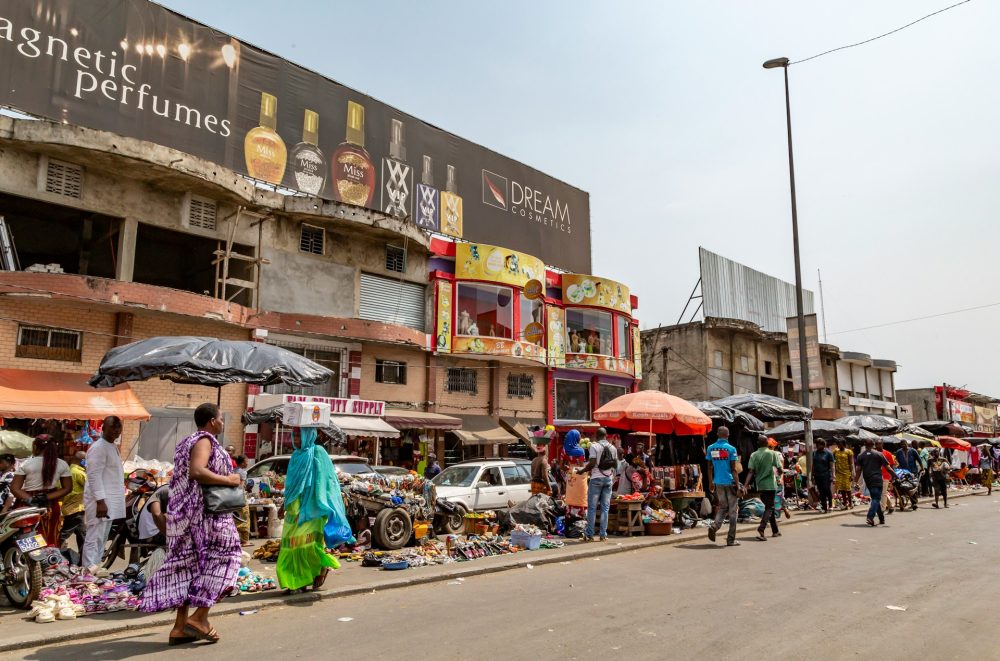Crowdfunding
Tokenization for the Good of Humanity — Worldcoin, KoreChain
From UBI and digital ID to crowdfunding and private capital markets: Worldcoin and KoreChain are two of the hottest new blockchain projects that promise to usher in a new era, where terms like CBDCs, tokenization, and digital trust rule. Here we take a close look at what both projects bring to the table, and what they both mean for the future of everything, from capital markets to humanity.

While the crypto hype bubble circa 2020-22 may have finally petered out, rest assured — crypto is far from dead. In fact, if anything, it’s only just beginning, with the makings of a tokenization movement that’s rapidly taking shape.
At first, this might seem far-fetched. After all, if the only thing you’ve seen is the main headlines, you’d be forgiven for thinking crypto was nothing but a wasteland of speculative shi*coins, FTX Ponzi schemes, and NFT rug pulls.
But, if you take a moment to look past the doom and gloom of the resulting SEC crackdowns**, you may see a world where projects like Worldcoin and KoreChain promise to usher in a new era. This era is one where the blockchain is no longer seen as a giant get-rich-quick scheme. Rather, it is one where we start to tokenize things for the betterment of society as a whole.
(** Psst… the SEC is not cracking down on crypto. What it is cracking down on is unregulated speculative assets — assets that just so happen to be crypto. But don’t let the crackdown-crypto correlation lead you to believe there’s any crypto causation. There’s not. In fact, the SEC is friendly to some crypto projects.)
Beyond the Bubble — Tokenization for the Good of Humanity
While you may be yet to hear of projects like KoreChain, there’s a good chance you have heard of Sam Altman’s Worldcoin project — a project that, fundamentally, is a grand plan to tokenize all humans. But, just in case you’ve somehow missed it, here’s the basic outline:
- The entire project rests on the concept of “Proof of Humanity.”
- Proof of humanity will be based on retinal scans using “Orbs.”
- Any human can scan their eyeball at an “Orb” location to create a verified “World ID”
- Users that maintain a verified World ID will be eligible for ongoing Worldcoin grants.
- Long term, the project aims to be used for everything from maintaining credit scores and disbursing a UBI (funded by AI, of course), to authenticating your vote in online poles and replacing those familiar “Log in with Google” buttons.
In a nutshell, the whole project can be summarized as the decentralized love child that would pop out if the UN Digital ID cozied up with a Central Bank Digital Currency (CBDC).
Now, of course, if you’ve seen any Worldcoin press from the last week, you might be skeptical. The project has received widespread criticism, from the usual privacy concerns over biometrics and persistent digital IDs, to accusations that it’s nothing but a thinly veiled pump-and-dump.
But don’t get distracted by this. There is something much, much bigger going on here.
While it’s still too early to say how noble the intentions behind the Worldcoin project really are, the real story here isn’t whether Worldcoin is good or evil. The bigger story is the general zeitgeist that is going on right now — the urgent need for improved trust and verification systems to address everything from the issue of humanness in the age of AI, to age-old problems like fraud and access to financial markets.
This is where blockchain and tokenization provide some rather elegant solutions. Indeed, if we strip away the most controversial side of Sam Altman’s project (the potential for the Worldcoin token to be just another sh*tcoin P&D), and just look at World ID alone, the project does provide an elegant solution to the problem it seeks to solve. That is, the problem of humanness in an age of AI.
In fact, the solution is so elegant that, on reading the Worldcoin whitepaper, it soon becomes clear that crypto may be the only robust solution.
Beyond Proof of Humanity: KoreChain Tackling Fraud and Democratizing Access to Financial Markets
Of course, while “proof of humanity” may be the buzzword of the day, it is not the only problem the world is facing. In fact, many of the problems we face are age-old, yet-to-be-solved problems.
Two such problems are none other than the small issues of access to capital markets and the prevention of fraud. Unsurprisingly, both of these are prime candidates for a blockchain/tokenization solution.
Leading the charge here is an under-the-radar project going by the name of KoreChain — a project that bills itself as a vital trust infrastructure to allow all participants to transact in a compliant manner. In achieving this, blockchain and tokenization are a massive part of its solution. Notably, it is the first blockchain to be SEC-Qualified for companies raising capital.
As for what KoreChain is actually about, its primary aim is essentially to democratize access to private capital markets for both private investors and small companies/startups. Secondary to this is to fix up a bunch of problems that such democratized access creates, such as the potential for fraud, regulatory compliance concerns, and liquidity, among others — all issues that things like RegCF alone fail to fully tackle.
To address each of these issues, KoreChain has created a comprehensive blockchain solution for private capital markets, addressing the needs of investors and companies navigating RegCF and RegA+ offerings. Core to this solution is the tokenization of company equity on the blockchain as digital securities.
More Than Just Simple Tokenization — Worldcoin, KoreChain Delivering Sophisticated Solutions
At first glance, it’s easy to think of KoreChain and Worldcoin as using crypto to overcomplicate things that can be solved with a regular database. After all, on the surface, the KoreChain proposal to tokenize securities is, theoretically, subject to the classic criticism many other crypto projects face. That is, what does crypto bring to the table that a regular database doesn’t?
However, to think this criticism applies here would be premature. For example, KoreChain isn’t espousing tokenized securities as the be-all and end-all solution to the problems it is addressing. Rather, it is using tokenized securities as just one part of a much more sophisticated ecosystem that, on deeper inspection, soon reveals just how fundamental the blockchain is.
Similarly, Worldcoin is also about a whole lot more than just using tokenization and the blockchain to store digital identities. For example, Worldcoin aims to not only be robust in a trustless environment where independent operators and threat actors could all compromise the integrity of the project. But it also aims to be privacy-preserving — something that relies massively on crypto fundamentals like Zero-knowledge proofs, Merkle trees, and other crypto fundamentals that simply don’t exist in the “traditional database” world.
KoreChain, whilst fundamentally tackling a different problem, also has to overcome similar problems. For example, how can traditional systems overcome even the most basic issues of immutably tying market participant idnetities and actions together in a trustless environment?
Similar issues exist around topics like infrastructure security and regulatory compliance, which are all areas where crypto has massive potential to solve. For example, by tying together on-chain compliance and digital identity with tokenized securities, the enhanced public visibility and immutability of several facets of any transaction significantly raises the stakes for anyone looking to game the system.
Watch This Space — Worldcoin and KoreChain Are Just Beginning
While it’s still early days, Worldcoin and KoreChain are both a massive indication of where things are headed. With tokenization and decentralization being core to solving the age-old issues of trust and transparency in today’s digital economy, both solutions have massive potential to rapidly catch on as the go-to platforms for solving the respective problems they’re addressing.
As for what the final scope for each of these projects will be, that’s still an open question.
For Worldcoin, it’s still early days and is very much still in the proof of concept stage. And, given the ginormous, global scope of what it’s trying to accomplish, it’s not even clear if it will even work out. This is especially so given that many nation-states are currently in the process of researching their own digital IDs and CBDCs, many of which, unsurprisingly, also rely on crypto fundamentals.
KoreChain, for its part, is massively more mature. Just the simple fact that it already has fully-implemented tools for everything from issuance to compliance management speaks volumes. This is further reinforced by the fact that KoreChain has already onboarded numerous issuers, broker-dealers, and investors who are actively using the platform, which is a lot more than can be said about Worldcoin’s users, who, so far, really only came for the free crypto.
In any case, one thing is clear. The solutions we use to manage everything from identities to securities issuance are fast converging towards tokenization and the blockchain. And this means only one thing — KoreChain, Worldcoin (and, potentially, any competitors that come along) are the way of the future.
__
(Featured image by Shubham Dhage via Unsplash)
DISCLAIMER: This article was written by a third party contributor and does not reflect the opinion of Born2Invest, its management, staff or its associates. Please review our disclaimer for more information.
This article may include forward-looking statements. These forward-looking statements generally are identified by the words “believe,” “project,” “estimate,” “become,” “plan,” “will,” and similar expressions. These forward-looking statements involve known and unknown risks as well as uncertainties, including those discussed in the following cautionary statements and elsewhere in this article and on this site. Although the Company may believe that its expectations are based on reasonable assumptions, the actual results that the Company may achieve may differ materially from any forward-looking statements, which reflect the opinions of the management of the Company only as of the date hereof. Additionally, please make sure to read these important disclosures.

-

 Markets2 weeks ago
Markets2 weeks agoGold’s Historic Surge and Sudden Crash Signal Volatility, Not Defeat
-

 Cannabis5 days ago
Cannabis5 days agoWhen a Cutting Becomes a Cannabis Plant: Court Clarifies Germany’s Three-Plant Rule
-

 Africa2 weeks ago
Africa2 weeks agoIvory Coast Development Plan 2026–2030: Investment, Growth, and Strategic Reforms
-

 Africa12 hours ago
Africa12 hours agoMASI Surge Exposes Market Blind Spot: The SAMIR Freeze and Hidden Risks
























